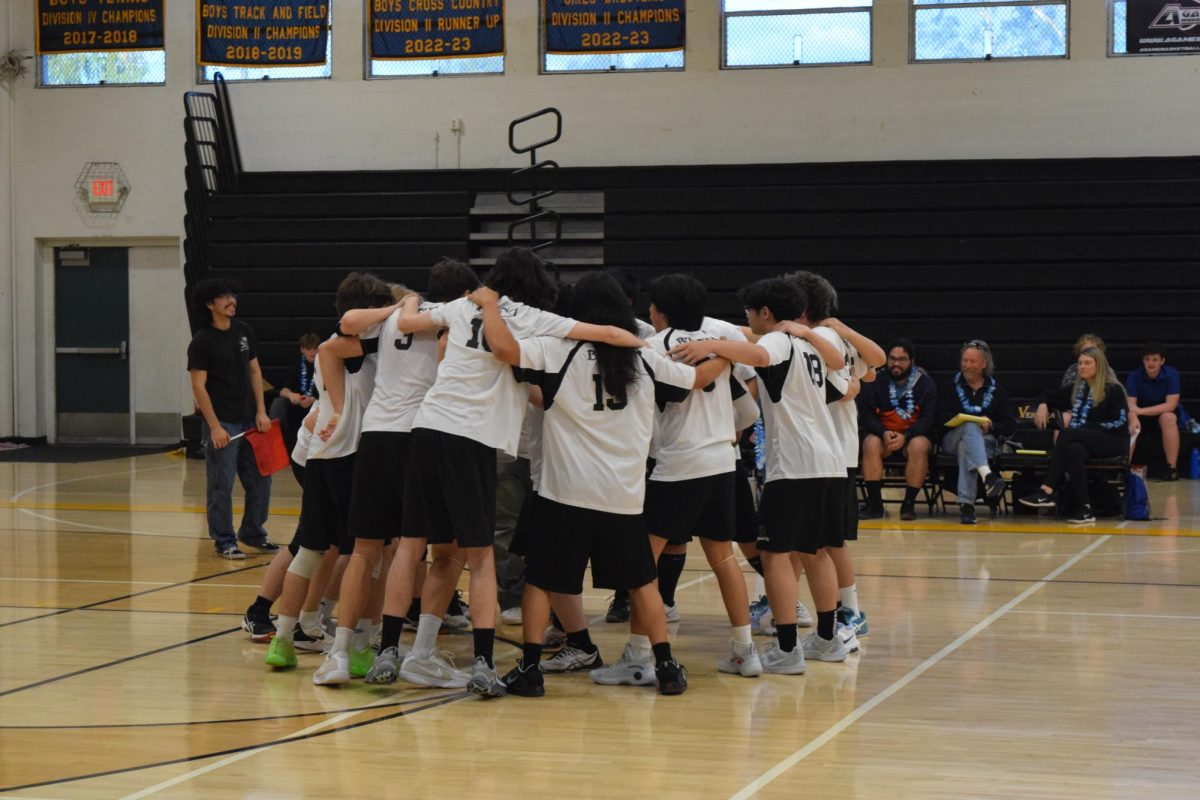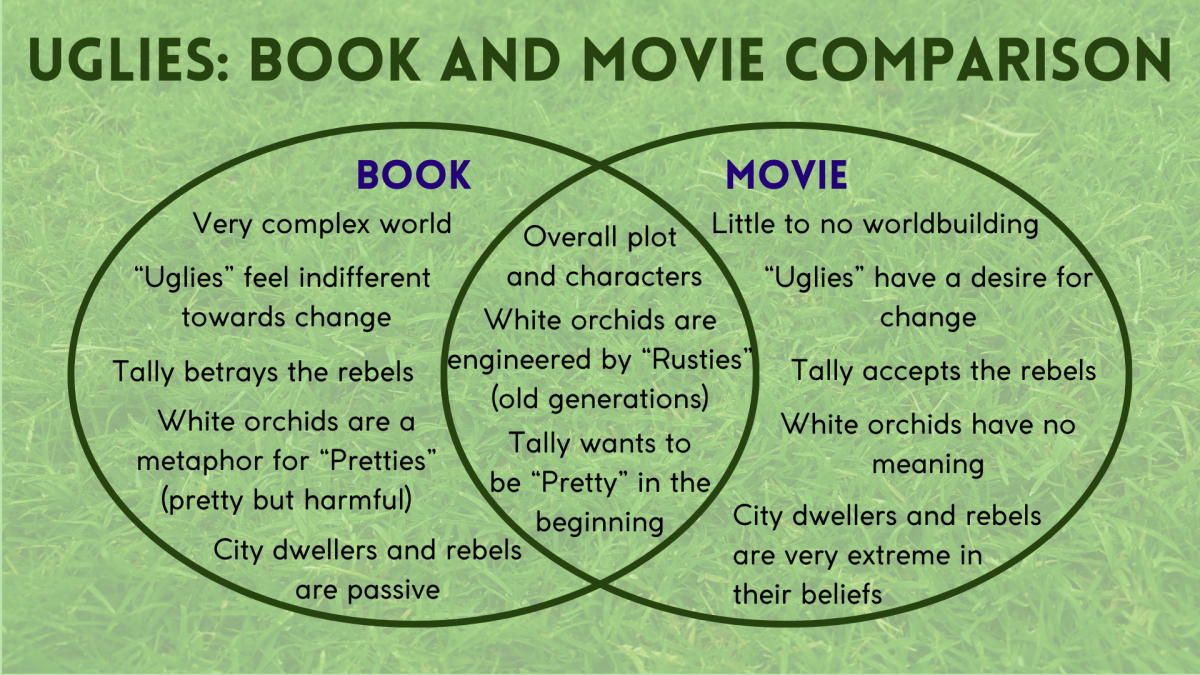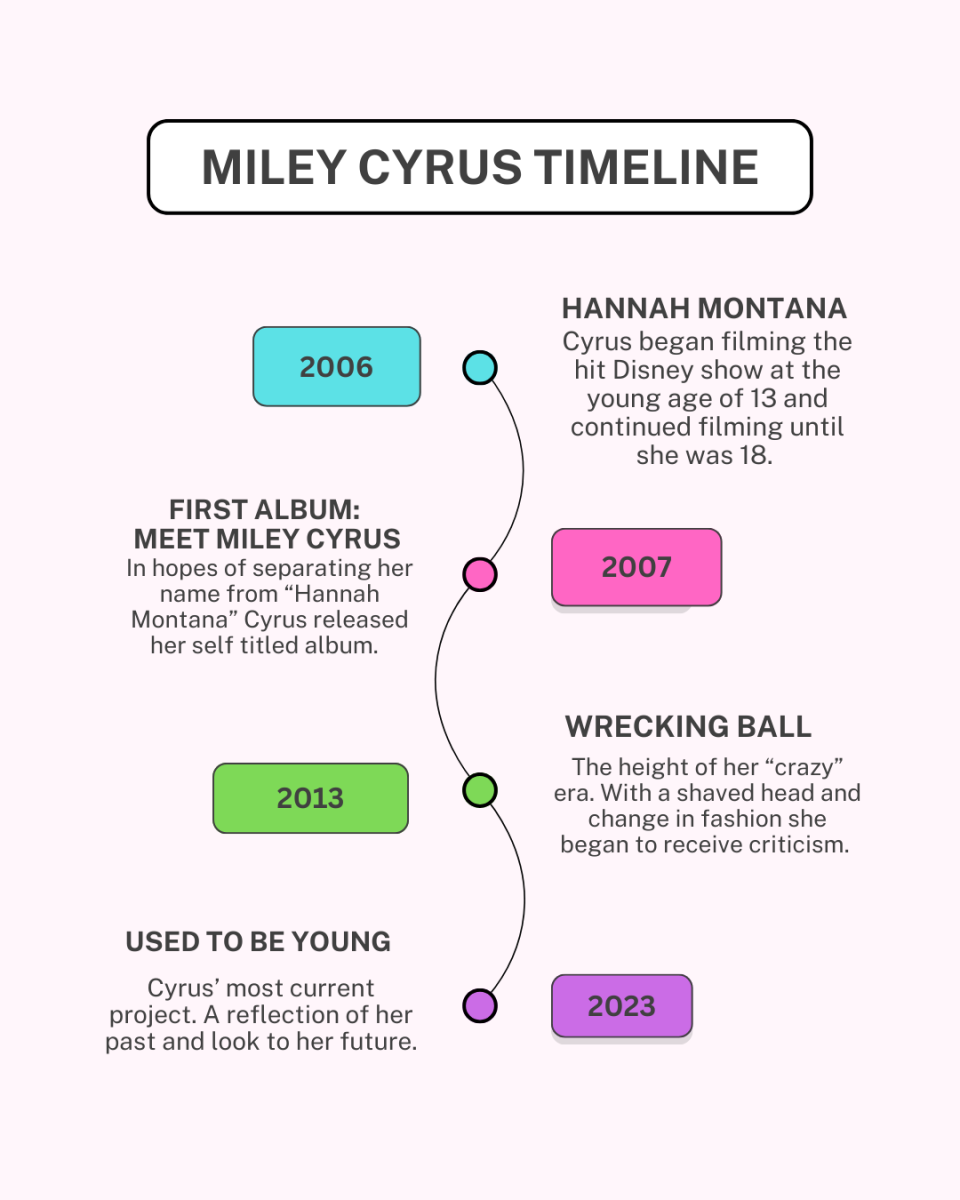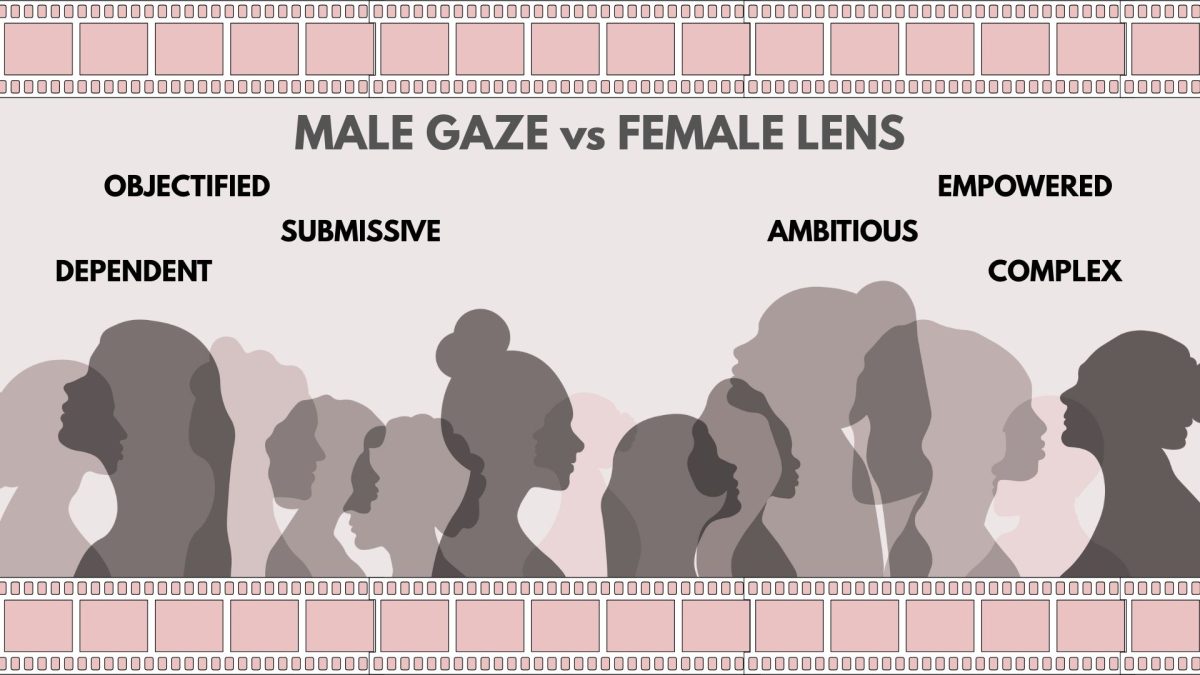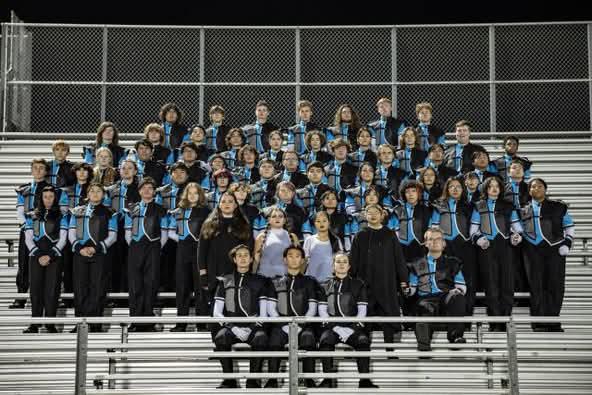At the same time as Roe v. Wade’s overturn, women are dumbing themselves down to fit a brand of femininity that they no longer know the consequences of. With women yearning for a time of housewives and depending on men to bring out their “feminine energy” it is no wonder our rights in policy are starting to backpedal.
Social media apps like TikTok have become a cesspool of anti-intellectualism in young girls, and the effects have been detrimental to our generation. It is a place where content creators have entire series dumbing down politics “for the girls” with ridiculous “girly” comparisons between birthday parties or shopping and world crises; implying the only way a woman could understand global events is if they are made cute and fun.
The increase in women choosing to present themselves as feeble-minded and incapable of critical thinking seems to be an over-correction of two things.
Empowerment vs. fear
The first is the anxiety that Gen Z and Millennials feel about the state of the economy; a mentality that creates fatigue when working every day at a thankless job that barely makes enough money to live off of. From 2021 to 2022, America experienced the “largest one-year increase [of poverty] in history,” according to Time Magazine.
When people feel this way about their finances, they begin to act irrationally. Currently, the odd turn we are seeing people make online is one towards a frightening state of traditionalism.
This is apparent in the resurgence of housewives, a revival that is glorified and bragged about online, but conveniently leaves out the complexity of that kind of relationship.
Under the guise of empowerment, girls will display horrifying decisions like placing all of their finances in the hands of their husbands—or worse, their boyfriends— in return for the “princess treatment” they receive. They live off of allowances and are held to incredibly difficult standards of beauty and household productivity, all while being entirely dependent on their significant other for their livelihoods.
National Domestic Abuse Hotline says that financial abuse consists of one “control[ling] their partner’s finances or their ability to provide for themselves.” Sound familiar? Anybody in a relationship where their partner controls all of their money and the way it flows in and out of the home, cannot leave. This is what women fought to get rid of in America all through the women’s liberation movement.
This is, of course, not to say that women should not be stay-at-home moms if that is what they want. However, it is important to point out the danger of creating a dynamic that makes it so easy to be taken advantage of and urging other women to blindly follow suit.
Girl bossing vs. girl math
The second over-correction appears to come from the “girl boss” feminism of the ‘90s and 2000s, which pushed women to fight the patriarchy by becoming it, working tirelessly through Corporate America to prove that they belonged at the same table as men. Many breakthroughs have been made in the realm of equality because of this phenomenon, but it is not without its caveats.
“[the] robotic ‘hustle culture’ that girl boss feminism perpetuates works to equate self-worth with capital productivity while ignoring the importance of individual projects,” Zoe Luu argues In a blog for The Women’s Network. “… It becomes a harmful mindset that makes us feel guilty when we feel the need to sleep in, take a mental health day, or do anything else other than work.”
It is reasonable to suspect the generation of women—Millennials mainly—who were raised during this time grew to resent the expectation that they have to work twice as hard as men to be taken seriously.
Fast forward to today, when the common response to making a mistake, being a bad driver, or being absent-minded is “I’m just a girl” and when “girl math” is a way to justify financial carelessness and is implied to be deeply illogical. We are witnessing in real-time the re-association of women with blind submissiveness and incapability, and women are spearheading it.
Girl boss feminism preached to young girls that the only way to be respected is to distance yourself from femininity and develop traditionally masculine characteristics, like lack of emotion. The girls of today’s generation dislike the barrier between them and their femininity, but the most accessible examples they have of what femininity looks like, come from media like “Clueless” and “Mean Girls,” which demonize and bimbofy it.
The only people who can fix this issue are women, as they seem to be the source of this new wave of rhetoric. People can and should live their lives however they like, but stop romanticizing extreme lifestyles with zero acknowledgment of the hardships within them.
To the women like me who at first fell prey to the burnout of living in a man’s world and found these infantilizing internet trends as a reprieve, I will say this: you are capable of the difficult things life asks of you, especially engaging critically with the media you consume and deciding who you want to be; you are not “just” anything.










